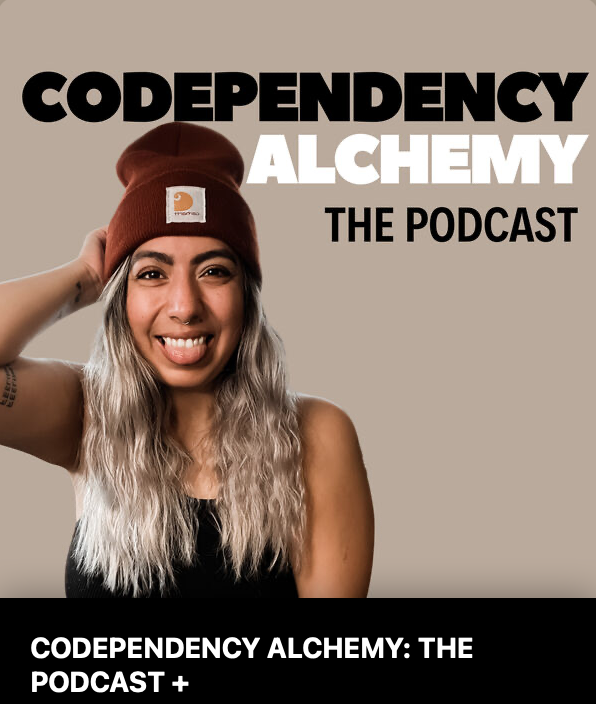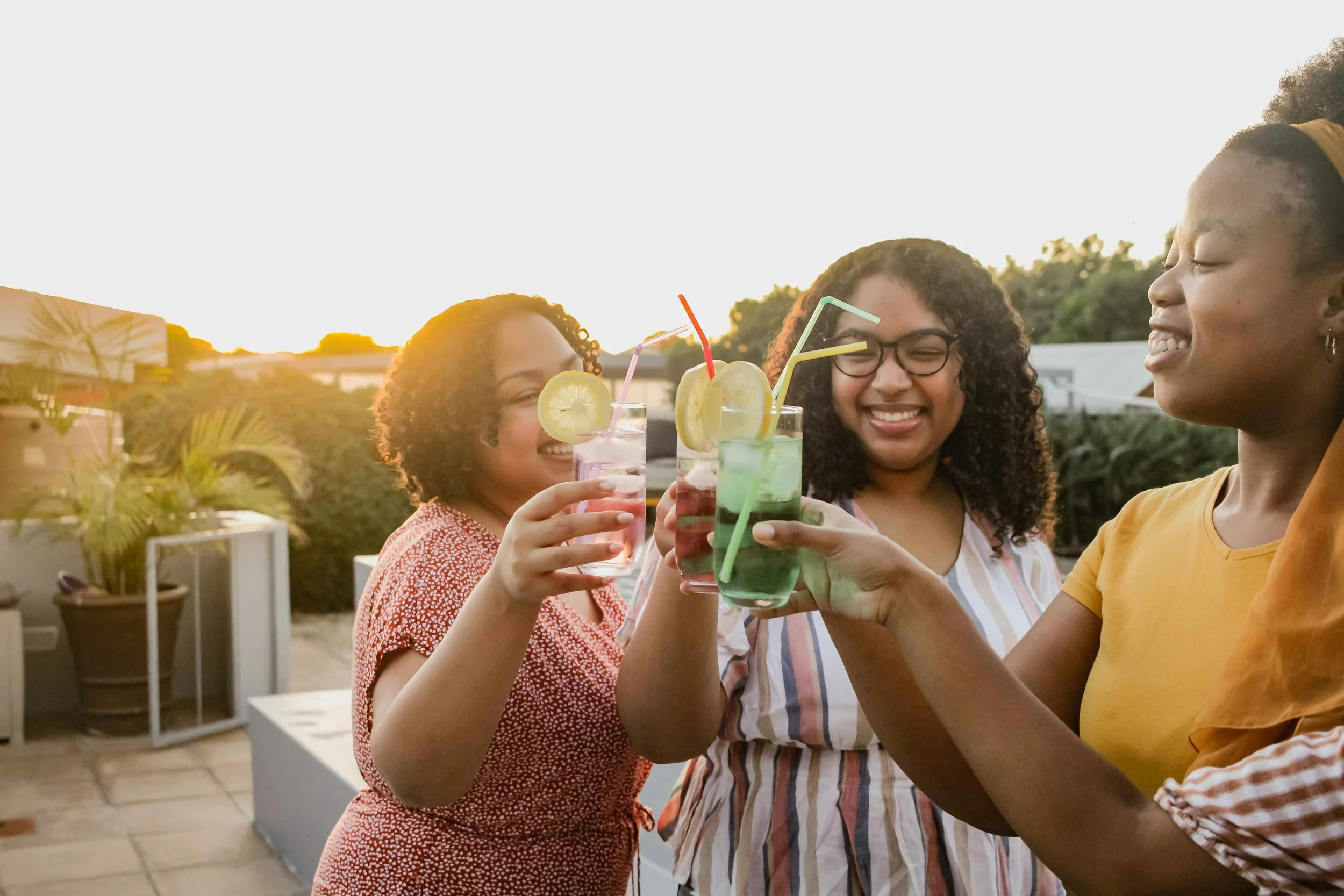Enabling vs Empowering
by Alyssa Zander
photo by mks for unsplash
This article appears in the Empowerment Issue of Jennifer Magazine. This is a free excerpt. Grab your downloadable copy for just $11 and enjoy the best in style, wellness, art & cutlure, and relationships from an empowered point of view.
“Only when we bring our awareness to the ways we are participating in dysfunctional relational patterns, can we begin to make changes and choices that are more aligned, healthier, and respectful.”
I am a codependency coach. That means I operate within a tender space where people have hurts and longings and yes, stigma. So I usually avoid talking about enabling in my work because it’s typically the one thing that people associate with codependency in the first place. There is this idea that codependency equals someone who is enabling someone who struggles with addiction, and immediately most people get to rule themselves out. I want to bring this conversation forward because we’re focusing on the wrong thing: Enabling is the pattern or tendency, but the codependency lies beneath it. Codependency is at the root of why we enable loved ones.
First, let's discuss other ways people enable. Maybe you’re like my partner who likes to shower me with sweets when he perceives I am upset, avoiding confrontation and trying to maintain peace whilst “rescuing me.” Or maybe you take on the conflicts and responsibilities between two people you love, trying to resolve the conflict between them, all in the name of “protecting” them.
This is pretty common. Even I was hit with almost slipping back into perpetuating dependency this last month by having this deep desire to continue providing support even when it was no longer necessary or aligned. Many of us override our own well-being to cater to the needs and demands of others, and this is the shit we need to sit down and look at.
Only when we bring our awareness to the ways we are participating in dysfunctional relational patterns, can we begin to make changes and choices that are more aligned, healthier, and respectful. We aren’t cultivating loving, reciprocal relationships with others if we are holding more than our share of responsibility. The funny thing is, most of us complain about the imbalance in our relationships, even though we’re the ones that are perpetuating it.
We need to understand the consequence of enabling: it hinders not only our personal growth, but the growth of others. It also perpetuates codependent dynamics and relationships.
Shifting Towards Empowerment
Oftentimes, we enable because we are perceiving that someone else isn’t feeling how they desire to feel, and so we come in. We come in to bring comfort, because we likely feel uncomfortable with their discomfort. But you see, this takes away from their own opportunity to bring themselves comfort. When you are taking on the responsibility of creating comfort for another, you are simultaneously taking away their opportunity to learn how to create it for themselves. It’s almost like we are saying: “I don’t trust that you can figure this out.”
Now, I can already hear the resistance:






